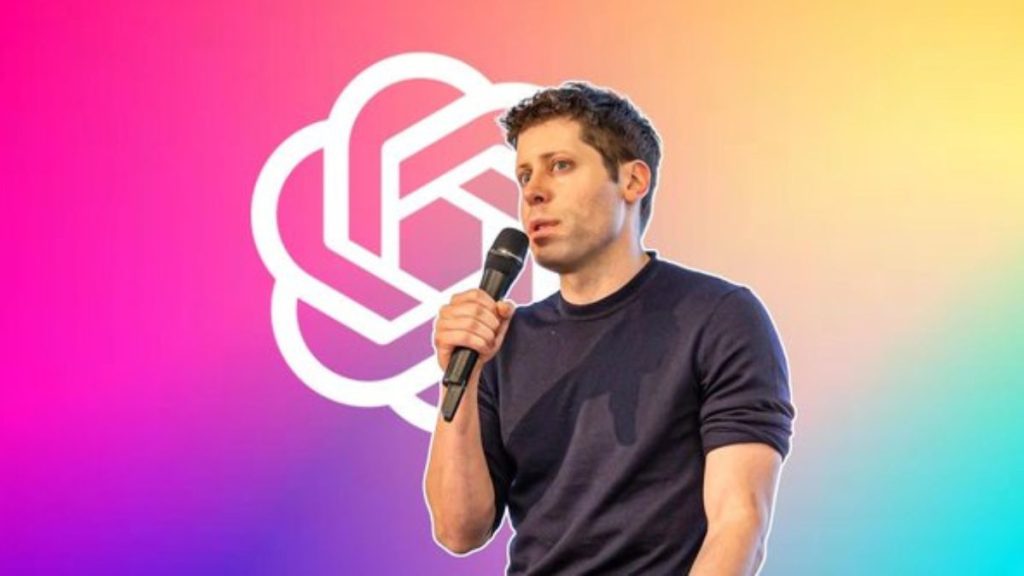ChatGPT is a major player in the field of natural language processing in the lightning-fast area of artificial intelligence. The topic of Who owns Chat GPT? is intriguing, though, because it pertains to the company’s structure. This article delves into the complex ownership structure to identify the parties responsible for this innovative AI system.
The Genesis of Who Owns Chat GPT
Inception at OpenAI
The artificial intelligence research organisation OpenAI is where ChatGPT got its start. OpenAI’s goal was to create sophisticated language models that could understand and generate human-like prose as part of its objective to ensure that artificial general intelligence (AGI) benefits all of humanity. They came up with some incredible innovations, including ChatGPT.
Collaborative Efforts Of Who Owns Chat GPT
ChatGPT was the product of a cooperative effort that included researchers, engineers, and data scientists. By working together, we were able to incorporate everyone’s ideas and knowledge into the structure of the model.
The Ownership Landscape
OpenAI’s Core Ownership: Who Owns Chat GPT
OpenAI essentially owns ChatGPT. The company has complete ownership of the model and all related data and code. Due to OpenAI’s dedication to transparency, the model has been made available to the general public.
Licensing and Usage
ChatGPT remains OpenAI’s property, but the company has licenced it to users under certain conditions. Users have access to and can use the model for a wide range of purposes, such as content creation and customer service. This method finds a happy medium between exclusive control and widespread access.
The Role of Contributors
Contribution to Training Data
ChatGPT is fed by training data gleaned from a wide variety of print and digital media. These resources, compiled from the efforts of many different people and groups, serve as the basis for the model.
Continuous Feedback Loop
ChatGPT’s development would not be possible without its active user base. User input is crucial in helping OpenAI pinpoint its weaknesses and develop its strengths. Through this iterative procedure, ChatGPT is transformed into a flexible artificial intelligence resource.
The Ethical Dimension
Addressing Bias and Fairness
There are moral obligations associated with the possession of AI models like ChatGPT. OpenAI is dedicated to eliminating discrimination and promoting equality in text generation. They make an effort to eliminate bias and are honest about their methods.
User Guidelines and Safety Measures
To guarantee that users of ChatGPT behave properly, OpenAI has published guidelines. There are safeguards in place to stop malicious use and the spread of hazardous content. This conscientious method highlights the moral responsibility of having access to the technology.
The Future Landscape
Evolving Ownership Models
The dynamics of who owns which AIs are always shifting. Because of OpenAI’s foresight in making AI more widely available, several other companies have followed suit. Possible future use in cooperative ownership arrangements.
Societal Impact and Ownership
Discussions concerning ownership will expand beyond legal rights as AI technology becomes more embedded in society. In order to have the greatest possible good impact, ownership may incorporate social factors, governance frameworks, and shared duties.
Conclusion
When it comes to artificial intelligence, ownership goes much beyond the law. OpenAI’s ChatGPT shows the complex ownership structure in which sharing, fair use, and morality all play a role. As AI grows increasingly pervasive, it will be crucial to comprehend who really owns what.
FAQs
Q1: Can I use ChatGPT for commercial purposes?
A:To answer your question, OpenAI does offer licences for the commercial usage of ChatGPT.
Q2: How does OpenAI address potential biases in ChatGPT’s responses?
A: To detect and correct biases, OpenAI uses a thorough review process and user feedback loop.
Who developed ChatGPT and Who Owns Chat GPT?
OpenAI, a pioneering artificial intelligence research facility, created ChatGPT.
How does OpenAI address AI biases?
OpenAI is committed to ethical AI applications; as such, it uses rigorous training and constant development to eliminate prejudice.
What’s the future of AI in society?
More sophisticated AI models are possible in the future, which could have an effect on several fields and on interactions between humans and machines.







